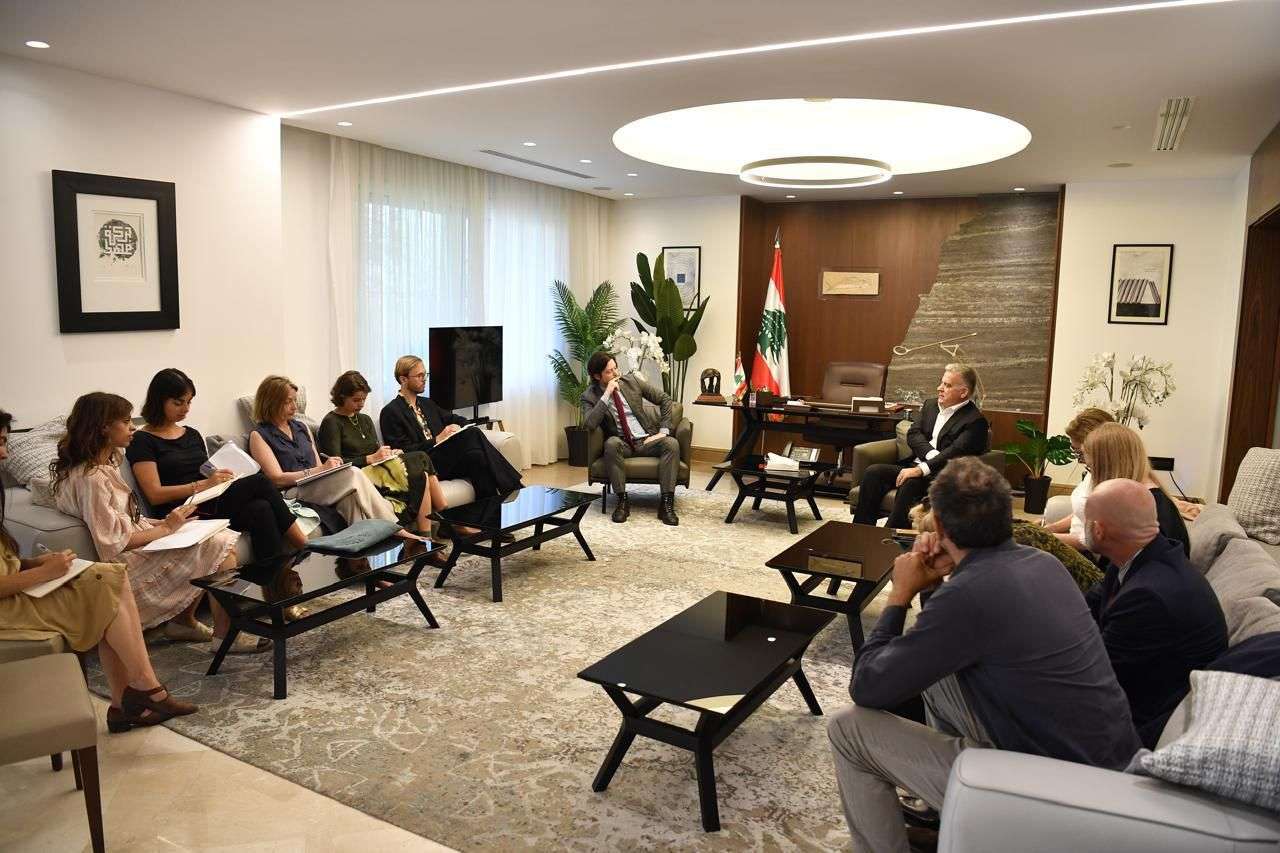Is the U.S. government using counterterrorism as a pretext to restrict Americans from engaging with foreigners? Up until this week, the Biden administration appeared to believe so. When the New York-based nonprofit Foundation for Global Political Exchange attempted to organize a conference in Lebanon, the U.S. Department of the Treasury cited the need to exclude certain Lebanese speakers due to their presence on the terrorist list or being subject to U.S. economic sanctions.
Despite no exchange of money or goods, the Treasury’s Office of Foreign Asset Control (OFAC) stated in 2022 that providing a platform for these sanctioned individuals to speak was deemed a “service,” and thus prohibited for Americans.
However, following a legal challenge, the Treasury reversed its stance. As part of a settlement, OFAC issued a letter on Tuesday affirming that merely hosting a speech does not violate U.S. sanctions and does not require authorization.
This decision coincided with Congress rejecting a proposal that would have granted the Treasury censorship powers under the guise of combating terrorism. The bill, HR 9495, failed to secure the necessary two-thirds majority to pass the House of Representatives. It aimed to empower the Department of Treasury to label any nonprofit as a “terrorist supporting organization” without substantiating evidence.
The Foundation for Global Political Exchange originated from the Beirut Exchange, launched by American researcher Nicholas Noe in 2008 during Lebanon’s turbulent times. The Exchange attracts prominent Lebanese political figures from diverse backgrounds, and the Foundation has expanded to host similar events in several conflict-ridden countries.
While the topics of the Exchange events may seem academic, such as “Interrogating the Concept of Negligence and Accountability” or “Sectarianism and the Ecumenical Frame“, they provide a platform for adversaries to engage in peaceful debates. The Beirut Exchange has featured speakers from Hezbollah, a group designated as a terrorist organization by the U.S.
Notably, the Exchange has also welcomed critics of Hezbollah, including figures like former militia commander Samir Geagea and individuals like journalist Lokman Slim and former Finance Minister Mohamad Chatah, who met tragic ends believed to be linked to Hezbollah.
The Foundation’s events extend beyond Lebanon, with the Yemen Exchange hosting representatives from conflicting factions. Foreign officials, including U.S. diplomats, have reportedly attended Foundation for Global Political Exchange gatherings.
Founder Nicholas Noe emphasizes the Exchange’s commitment to hosting diverse viewpoints, even those in conflict. Despite challenges, the Foundation believed in the First Amendment’s protection but sought clarification from OFAC following incidents involving Zoom and academic events with Leila Khaled.
When planning a conference in Beirut featuring speakers under U.S. sanctions, the Foundation sought a license from OFAC, which was denied. This echoes past instances of U.S. authorities using sanctions to restrict speech, such as the Supreme Court’s ruling on peacenik groups in 2010.
The Biden administration’s approach in the Beirut Exchange case raised concerns about the value placed on American audiences and its potential impact on press freedom.
The government may have the ability to silence American journalists from communicating with undesirable foreigners. In 2021, I reported a significant story that the U.S. military likely met with PKK fighters in Iraq, based on information provided by a PKK commander in response to my inquiries.
According to Monica Marks, a professor of Middle Eastern politics at New York University and a member of the foundation, journalists and academics often need to engage with individuals such as “torturers, murderers, terrorists, despots, gang members, thieves, and other miscreants,” and listen to perspectives that many may find repugnant.
The foundation initiated a lawsuit against the Biden administration in January 2023, which was taken on by the Knight First Amendment Institute at Columbia University. After several extension requests by the Biden administration, they eventually retracted their claims in a letter on Friday and settled the case on Tuesday.
Anna Diakun, a lawyer from the Knight Institute, stated that the settlement marks a significant triumph for freedom of speech, particularly at a time when governments worldwide are using national security laws to suppress legitimate political discourse. She emphasized that the First Amendment protects Americans’ right to engage with individuals from other nations, converse with them, listen to their perspectives, and participate in debates. The government does not have the authority to control which voices and ideas Americans can access.
Source link




